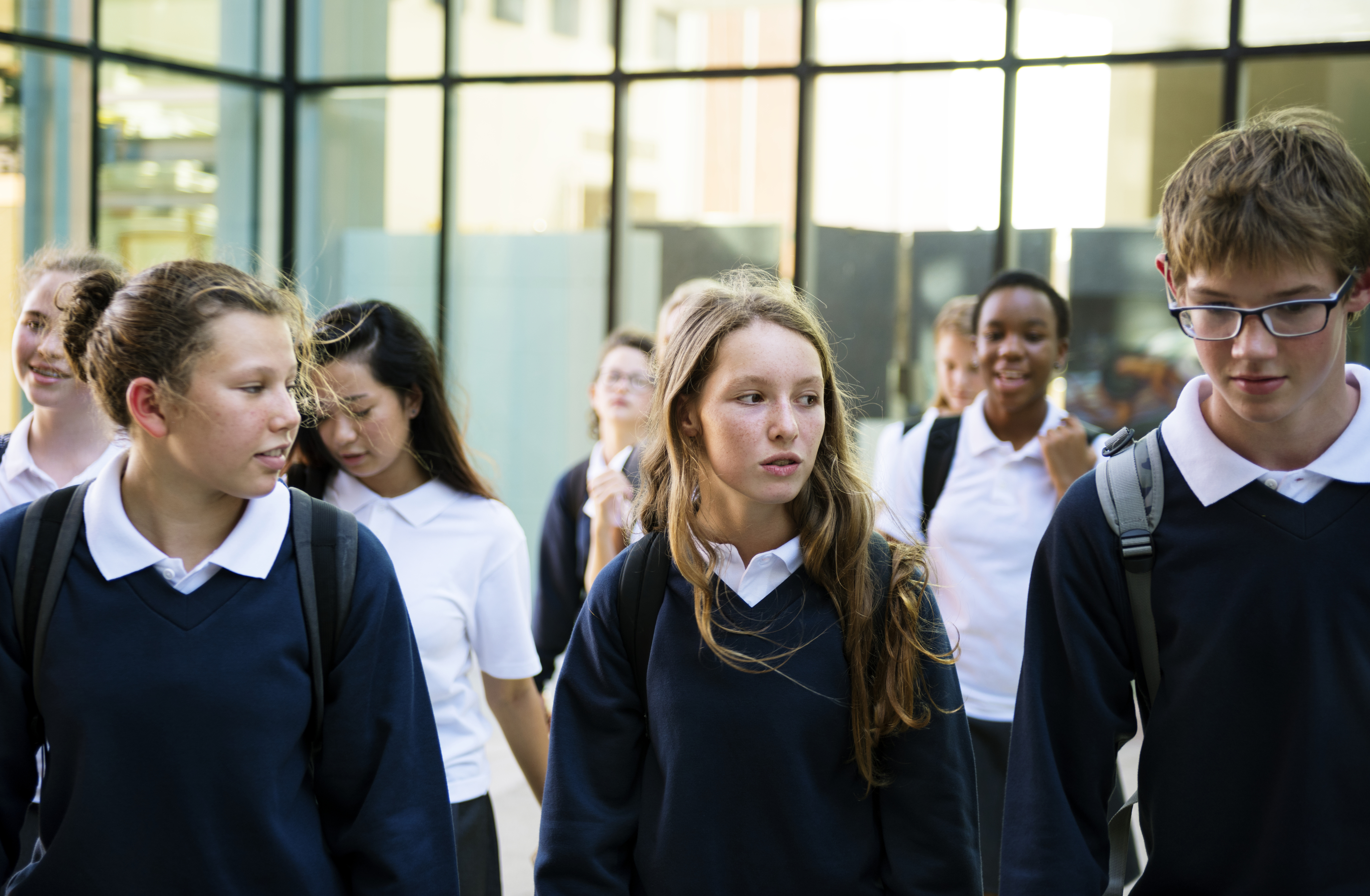What's mental health?
We all have mental health. Your mental health affects how you feel, think and act. It refers to your emotional, psychological and social wellbeing. Your mental health can change on a daily basis and over time, and can be affected by a range of factors.

It’s important to look after your mental health, as you would look after your physical health. Your state of wellbeing affects how you cope with stress, relate to others and make choices. It also plays a part in your relationships with your family, community, colleagues and friends.
Good mental health among children and young people
When children and young people have good levels of wellbeing it helps them to:
- learn and explore the world
- feel, express and manage positive and negative emotions
- form and maintain good relationships with others
- cope with, and manage, change, setbacks and uncertainty
- develop and thrive.
When children and young people look after their mental health and develop their coping skills it can help them to boost their resilience, self-esteem and confidence. It can also help them learn to manage their emotions, feel calm, and engage positively with their education - which can, in turn, improve their academic attainment.
What affects children and young people’s mental health?
A child or young person’s mental health will be influenced by many things over time and, because they all have different personalities, they will react and cope with challenging situations in different ways.
| Risk factors | Protective factors |
|
Children and young people present with and will be exposed to a range of factors in their homes and communities that can affect their mental health – this is what we call “risk factors”. Some children and young people experience multiple risks, which means their mental health is more likely to be affected.
However, not all children and young people who are exposed to risks will develop mental health difficulties. |
There are lots of things that schools and settings can do to help “protect” and support pupils so that they can cope better with any challenges that they may face. These include important social and emotional skills to help them cope, such as being more resilient, knowing how to manage their emotions, and feel confident. Schools also need to make sure that they reduce school-based risk factors, such as bullying, and put in place support that helps pupils to feel that they belong and have positive relationships with their teachers and school staff, as well as other pupils.
|
Read more on risks and protective factors
How many children and young people have a mental health condition?
The rate of poor mental health in children differs across the UK. Research for England suggests that one in 10 primary school children has an identifiable mental health condition, which rises to one in seven secondary school students. In both primary and secondary schools, this is equivalent to three children in every class.
The research shows that children are more likely to experience a mental health condition as they get older. The figure rises to one in six 17 to 19-year-olds who have a mental health condition.

It’s not always easy to identify a child whose mental health is deteriorating – and signs can often be overlooked until things reach a crisis point. But early identification and action is the best thing schools can do to help give young people the best start in life.
How schools can support children and young people’s mental health
Schools are the ideal environment to promote and support pupils’ mental health and wellbeing.
Most children and young people spend a significant amount of time in school and with their teachers, which means that school staff are in a good position to identify a child who may be struggling, and help refer them to get the support they need.
Schools can also help children develop social and emotional skills, providing them with the coping skills and tools they need to understand and manage their thoughts, feelings, behaviour, goals and relationships.
Schools can do this through teaching health and wellbeing education (RSHE in England, Personal Development and Mutual Understanding or Learning for Life and Work in Northern Ireland, and Health and Wellbeing in Scotland and Wales) and weaving these topics and skills throughout the broader curriculum and school life. Health and wellbeing shouldn’t be taught in isolation but reinforced throughout the curriculum and the time that the child or young person is in school.
Being a mentally healthy school – where to start
- Read our 10 tips on supporting children’s mental health in your school for:
- Understand the risk factors that may affect children’s mental health.
- Utilise the 5 Steps to Mental Health and Wellbeing framework to understand the need in your school and action plan for the future
- Read our page on social and emotional skills and start to incorporate these skills into the curriculum and school life.
- Help counter risk factors, such as bullying, by putting in place support mechanisms in your school or via community services.
- Identify mental health needs early and signpost to where pupils, staff and families can get support.
- Invest in building strong relationships with the children and young people in your school. These will develop their sense of belonging, which helps to support their mental health and achievement.
- Browse our resource library for quality-assured lesson plans, activities, assembly ideas, toolkits, information and advice to get both staff and pupils thinking and talking about mental health and developing their coping skills.